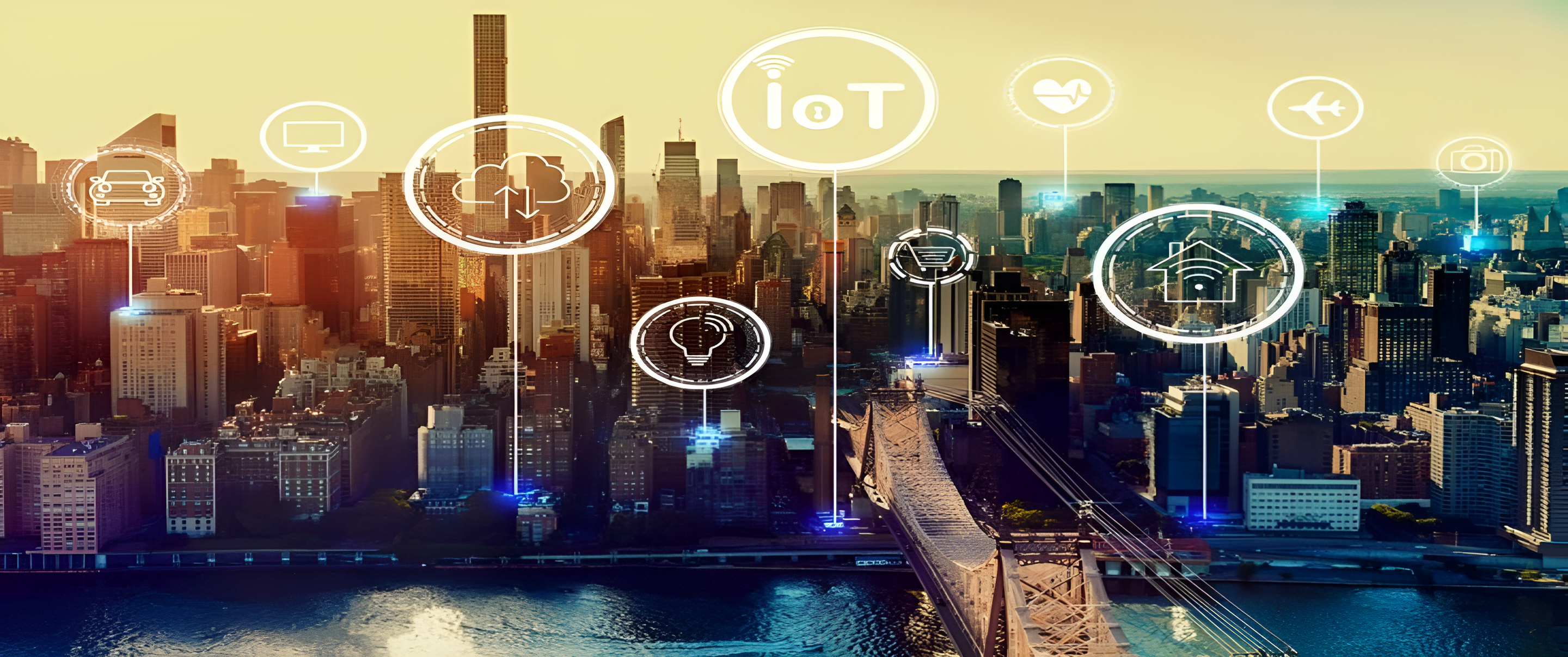In recent years, the Internet of Things (IoT) has emerged as one of the most revolutionary technologies reshaping how businesses operate. By connecting everyday objects and devices to the internet, IoT has enabled real-time data collection, smart automation, and remote monitoring at a scale that was previously unimaginable. From smart factories that optimize production lines using sensors and analytics, to connected vehicles that track performance and location, IoT has unlocked a new era of efficiency, convenience, and innovation.
Businesses across various sectors are increasingly leveraging IoT to gain a competitive edge. In manufacturing, for instance, IoT devices are used for predictive maintenance, helping companies reduce downtime and repair costs by identifying machine issues before they occur. In retail, connected shelves and smart inventory systems streamline stock management and improve the customer experience by ensuring popular products are always available. Even in agriculture, farmers now use IoT-based solutions to monitor soil conditions, humidity levels, and crop health in real-time, allowing them to make data-driven decisions that enhance yield and reduce waste.
The integration of IoT into business processes brings a wealth of benefits. Real-time insights empower organizations to respond quickly to changing conditions, while automation reduces manual tasks and increases productivity. Moreover, IoT systems can significantly cut operational costs by optimizing resource usage, reducing energy consumption, and preventing equipment failures. For companies focused on customer satisfaction, IoT also opens the door to personalization and enhanced service delivery, as data collected from connected devices helps tailor experiences to individual user preferences.
However, with these advantages come new challenges. Security is a major concern, as every connected device can potentially serve as an entry point for cyber threats. Ensuring that IoT networks are secure, encrypted, and regularly updated is crucial to protect sensitive data. Scalability and compatibility with existing infrastructure are also critical considerations, especially for businesses integrating IoT into legacy systems. As the number of connected devices grows exponentially, companies must also manage the vast volumes of data they generate and find effective ways to analyze it for actionable insights.
Despite these hurdles, the future of IoT is undeniably bright. With advancements in artificial intelligence, 5G connectivity, and edge computing, IoT is becoming smarter, faster, and more capable. Businesses that invest in IoT today are positioning themselves to thrive in a digitally connected world, where innovation, agility, and intelligent automation define success. As technology continues to evolve, IoT will not just support business operations—it will drive transformation across every level of the organization.
1. Smarter Devices with AI Integration
AI-powered IoT will enable devices to learn from data and make autonomous decisions. Think of smart homes that adapt to user behavior or factory robots that optimize their own performance.
2. 5G Acceleration
5G networks offer ultra-low latency and faster speeds — ideal for real-time IoT applications like self-driving cars and smart cities.
3. Edge Computing & Real-Time Processing
Instead of sending all data to the cloud, edge computing processes it locally. This reduces latency and enhances security.
4. Increased Use in Smart Cities
Expect more smart traffic systems, automated waste management, and energy-efficient street lighting — all powered by IoT.
5. Environmental Impact
IoT will play a vital role in sustainability, enabling better resource management, reducing waste, and promoting green practices.

